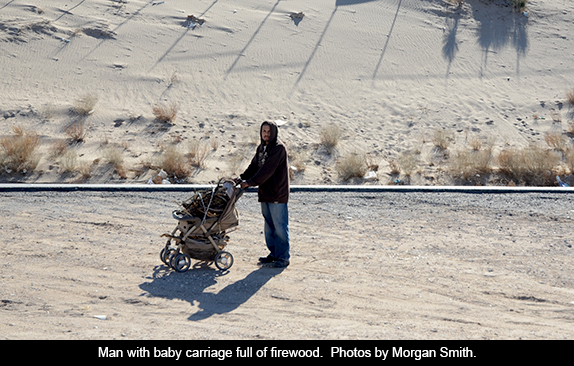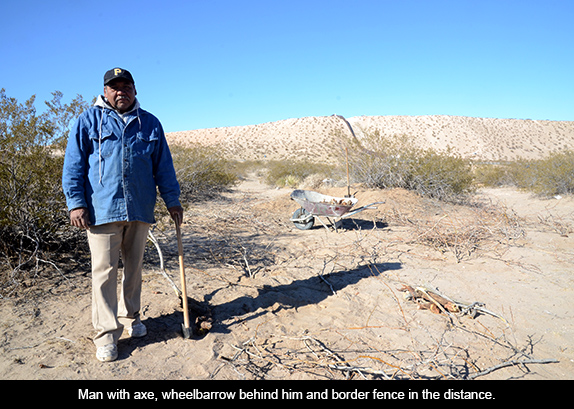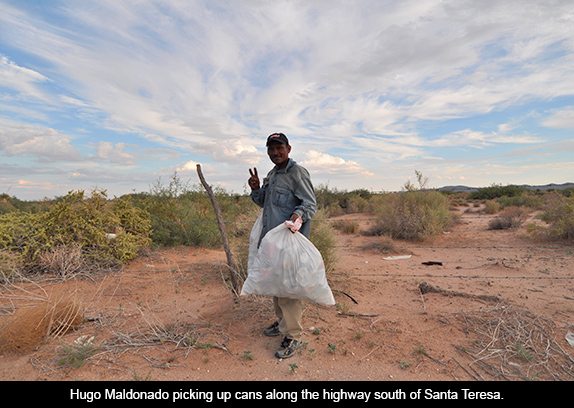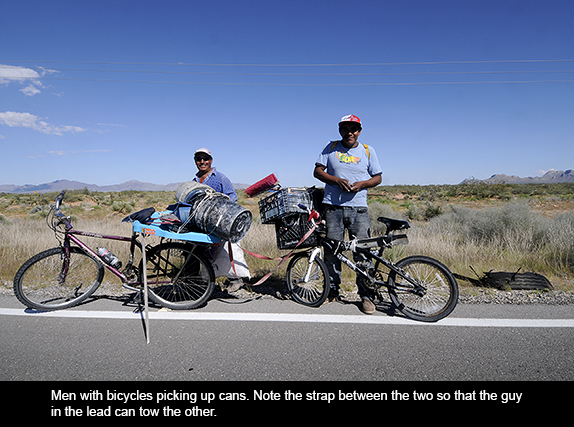Congratulations to Mexico’s President, Enrique Peña Nieto. When I was in Mexico City interviewing voters prior to the 2012 elections which he won, he was generally viewed as a dandy from a discredited party but the lesser of the three evils – the loony Andrés Manuel López Obrador (AMLO )and Josefina Vázquez Mota from the party of former President Felipe Calderón whose “drug war” had cost so many thousands of innocent lives. Josefina, as the voters called her, seemed the best candidate but because of Calderón’s record, she didn’t have a chance. So Peña Nieto won but expectations were low.
Nonetheless, he immediately surprised everyone by committing to a series of long overdue reforms. The day after his inauguration he produced an agreement called the Pact for Mexico in which his party and the other two major parties agreed to support reforms in education, telecommunications and finance. This led to the arrest of the longtime head of the teacher’s union, Elba Esther Godilla and an education reform bill that will set up independent teacher training institutes instead of allowing the unions to train teachers. In the area of telecommunications, increased competition will now be allowed which should lower costs for phone users who have, for years, suffered under the monopoly circumstances that have made Mexico’s Carlos Slim the world richest man. In regard to finance, the tax system has been made more progressive.
Seventy five years ago, Peña Nieto’s party nationalized the oil industry and the result has been a state monopoly, Pemex with declining production, insufficient capital to maintain its infrastructure and a lack of skills and expertise. Now he has led the effort to re-open this market which will enable energy-rich Mexico to bring in new skills and investments, dramatically increase its production and become an energy power. (This will also be a boon to the United States because we will provide much of the technical expertise.)
Implementing these reforms won’t be easy. The teachers unions, for example, have fought back ferociously. But Peña Nieto has shown both a degree of boldness and an ability to work with the other two major parties that seems to be entirely lacking in our country.
Two other positive factors for Mexico are its increasing strength as a manufacturing center, especially in automobiles and the growing trend of American companies to bring their investments back from China because of rising costs and political instability there.
Unfortunately, translating this economic growth to a better life for poorer Mexicans is still more of a dream than reality. What one continues to see “on the ground” is a level of poverty and governmental indifference that is shocking. When you see it along the US border and in plain view of prosperous El
Paso, for example, it is even more shocking.
Here are some observations. Because it’s now winter, I’ll call them “firewood and cans.”

At about 9 AM, two men leave their homes in Anapra, a colonia on the west edge of Juárez. One is pushing a baby carriage; the other has a wheelbarrow with two axes and a shovel in it. They’re going to follow the road that flanks the border fence on the Mexican side up a long hill and harvest firewood. Several hours later when I suddenly realize that there are no trees up there, I follow in my car and find them in the desert where they have dug a hole next to a mesquite bush and are hacking at its roots with the axes. After about five total hours, the wheelbarrow and baby carriage will be full of perhaps enough wood for two nights.

On a windy January afternoon, I spot a man walking south a few miles from the Santa Teresa border crossing with a big sack over his shoulder. His name is Hugo Maldonado and he left Juárez at 6 AM, intending to fill the sack with aluminum cans which he would sell for $4 to 5. If I hadn’t given him a ride, he would have had to walk for at least three more hours to get home. For his efforts, he makes about 50 cents an hour.

More recently I spot two men with bicycles. They too are hunting for cans but one bike has a flat front tire. So the man on the lead bicycle has attached a strap to the second bike and is towing his friend home.

A woman named Elvira Romero is contacted by the local social services agency and told that she is to take a bus some thirteen hours west from Juárez to the tiny border town of Sonoyta, pick up her daughter’s two children and bring them home to live with her. Her daughter is a drug addict and can no longer care for them. Elvira has no job and is already caring for three other grandchildren; nonetheless there is no state assistance for her.
This is an issue of the government’s attitude towards the poor more so than an issue of money.
One positive note, however, is the growing cooperation between the states of New Mexico and Chihuahua, especially in regard to the Santa Teresa border crossing where, unlike the El Paso-Juárez border crossings, there is lots of open space for new industrial development. Every time I cross the border there, I see more new construction. This should be a bright spot not only for those Mexicans who desperately need work but also New Mexico with its listless record of job creation.
As for Elvira Romero’s situation, her oldest grandchild, Hector is about to apply for a job at Foxconn Technology, the Taiwanese industrial giant that employs a million people worldwide and has a large presence at Santa Teresa. Maybe one of these days we’ll be buying iPhones that Hector helped make. In the meantime, good luck to Enrique Peña Nieto as he continues to push for these much-needed reforms.

January 24, 2014